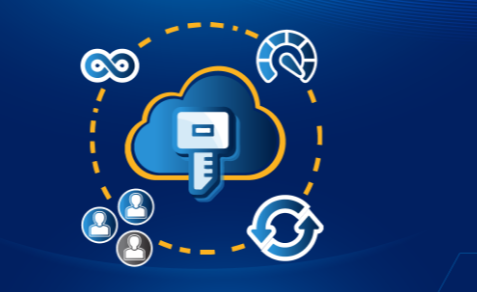Exploring the Role of Technology in Mental Health Care
The integration of technology in mental health care is reshaping the landscape of treatment and support. Teletherapy breaks down geographical barriers, allowing individuals to access care from the comfort of their homes. Meanwhile, mobile apps provide tools for mindfulness and emotional regulation, enhancing daily well-being. However, the introduction of AI raises critical questions about privacy and the effectiveness of personalized care. As these advancements unfold, the implications for both providers and users warrant careful examination.
The Rise of Teletherapy: Breaking Barriers in Mental Health Access
As mental health issues continue to rise globally, teletherapy has emerged as a significant solution, enhancing accessibility for individuals who might otherwise face barriers to care.
Virtual counseling addresses accessibility issues by reaching those in remote areas or with mobility challenges, fostering a sense of freedom.
This innovative approach provides a safe space for individuals to engage with mental health professionals without the constraints of traditional therapy settings.
Mobile Apps and Mental Health: Tools for Daily Well-Being
While the integration of mobile apps into daily routines may seem trivial, these digital tools have increasingly become vital for promoting mental well-being.
By facilitating mindfulness practices and enabling mood tracking, such applications empower individuals to monitor their emotional states and cultivate healthier habits.
As users engage with these resources, they can enhance self-awareness and foster resilience, ultimately supporting their journey towards mental wellness.
The Integration of AI in Therapeutic Practices
The integration of artificial intelligence (AI) in therapeutic practices represents a significant evolution in mental health care, offering innovative solutions to both practitioners and patients.
AI therapy enhances personalized treatment through machine learning, improving mental health assessments and user engagement.
However, ethical implications surrounding data privacy and the effectiveness of therapeutic chatbots must be carefully considered to ensure responsible implementation in this sensitive field.
See also: Exploring the Role of Technology in Addressing Global Hunger
Challenges and Considerations in Digital Mental Health Solutions
Despite the promise of digital mental health solutions, several challenges and considerations must be addressed to ensure their effectiveness and accessibility.
Key issues include data privacy, as users may hesitate to share sensitive information, and user engagement, which can fluctuate in digital formats.
Overcoming these barriers is essential to foster trust and encourage consistent participation, ultimately enhancing the quality of mental health care delivered online.
Conclusion
In conclusion, technology’s role in mental health care is akin to a lighthouse guiding individuals through the fog of despair, illuminating pathways to wellness. Teletherapy, mobile apps, and AI integration collectively dismantle barriers, offering unprecedented access and personalized support. However, the journey is not without challenges; ensuring user engagement and addressing ethical concerns surrounding data privacy will be vital in shaping a future where digital mental health solutions are both effective and trustworthy for all.






